‘It’s good to be useful’: The volunteer heroes helping us through the coronavirus crisis
Some of the people stepping in to support emergency services and set up grassroots groups – from Italy to India – share their stories with Adam Forrest

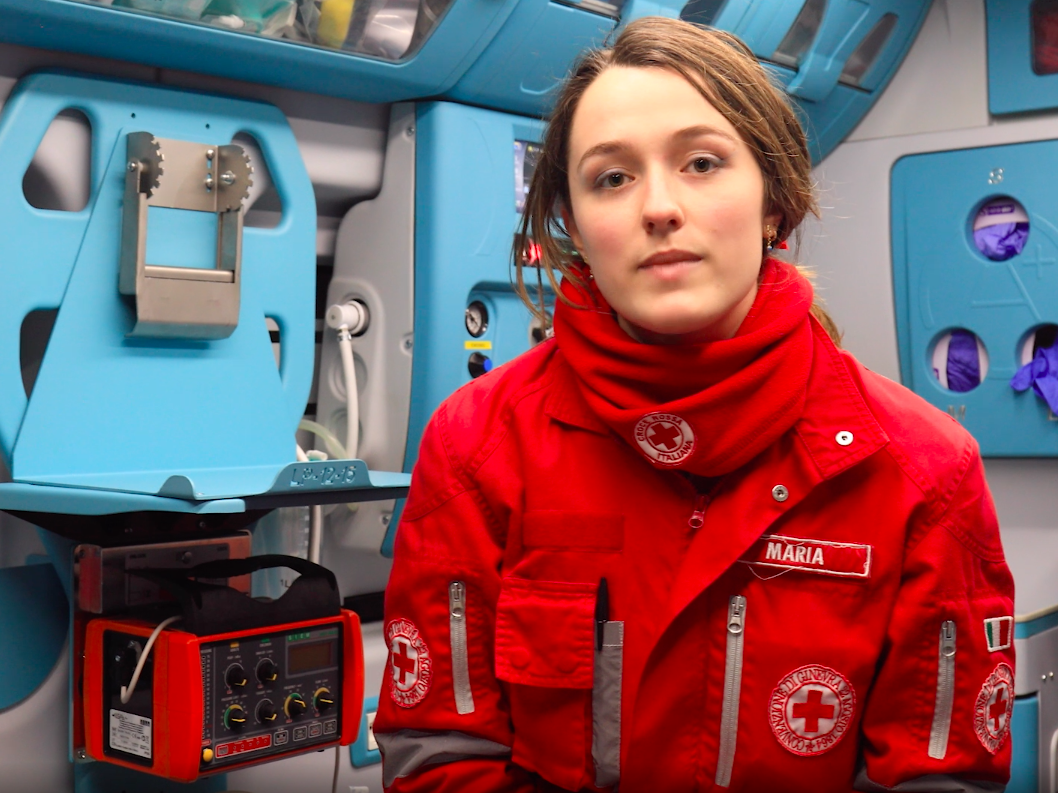
The coronavirus has left millions living in fear since it began its devastating spread across the planet. The outbreak has not paralysed us, however. It has inspired an unprecedented surge of voluntary efforts to save and protect our neighbours.
In the UK, an army of more than 700,000 people have responded to the government’s call to help support the NHS and deliver essential food and medical supplies to the 1.5 million most vulnerable in the country.
Across the globe, ordinary people have signed up to bolster their emergency services and set up new, grassroots groups to look after everyone in their community. The Independent has taken a closer look at some of the heartening work going on in different parts of the world.
Italian Red Cross volunteers have been on the front line of the coronavirus crisis in the worst-affected region of Lombardy – transporting patients to the hospitals in the organisation’s own ambulances, and delivering food and medicine to the homes of vulnerable people.
Maria, 23, has been volunteering at her local Red Cross branch in the region’s capital Milan since 2015, but hasn’t experienced anything like the current emergency. “About 80 to 90 per cent of our calls are Covid-19 patients,” she says.
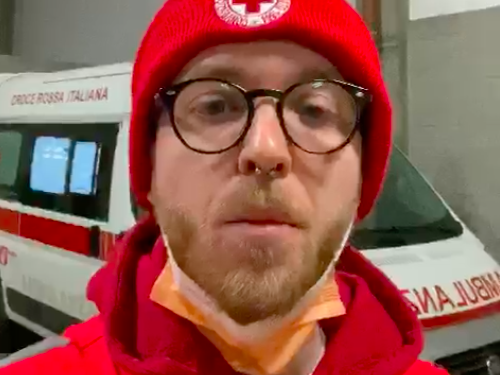
The volunteer says some people “are too scared to go to the hospital even if they need to, for fear of never coming out [again]”. The hospitals in the area remain “swamped”, she adds.
Samuele Davide Nava, 24, is another Italian Red Cross volunteer working in Monza, north of Milan. “The situation is not good at the moment,” he tells The Independent. “It is very difficult to see the families upset when they see people taken to hospital. But it helps to be part of an amazing group. Cooperation and teamwork is the best way to fight this disease.”
Others have been signing up to join the Protezione Civile – Italy’s civil protection department – as volunteers. Apple CEO Tim Cook said the company had made a “significant donation” to the organisation to help “the heroic first responders, medical personnel and volunteers”.
Marieke van Wijngaard, 43, is one of many people in the Netherlands stepping in to help at food banks across the country since many of the mainly older volunteers have been forced to stay at home.
Van Wijngaard is a project manager at a social housing organisation in Rotterdam, and is helping pack food crates for the Netherlands Red Cross’s Ready2Help network whenever she has time outside of work.
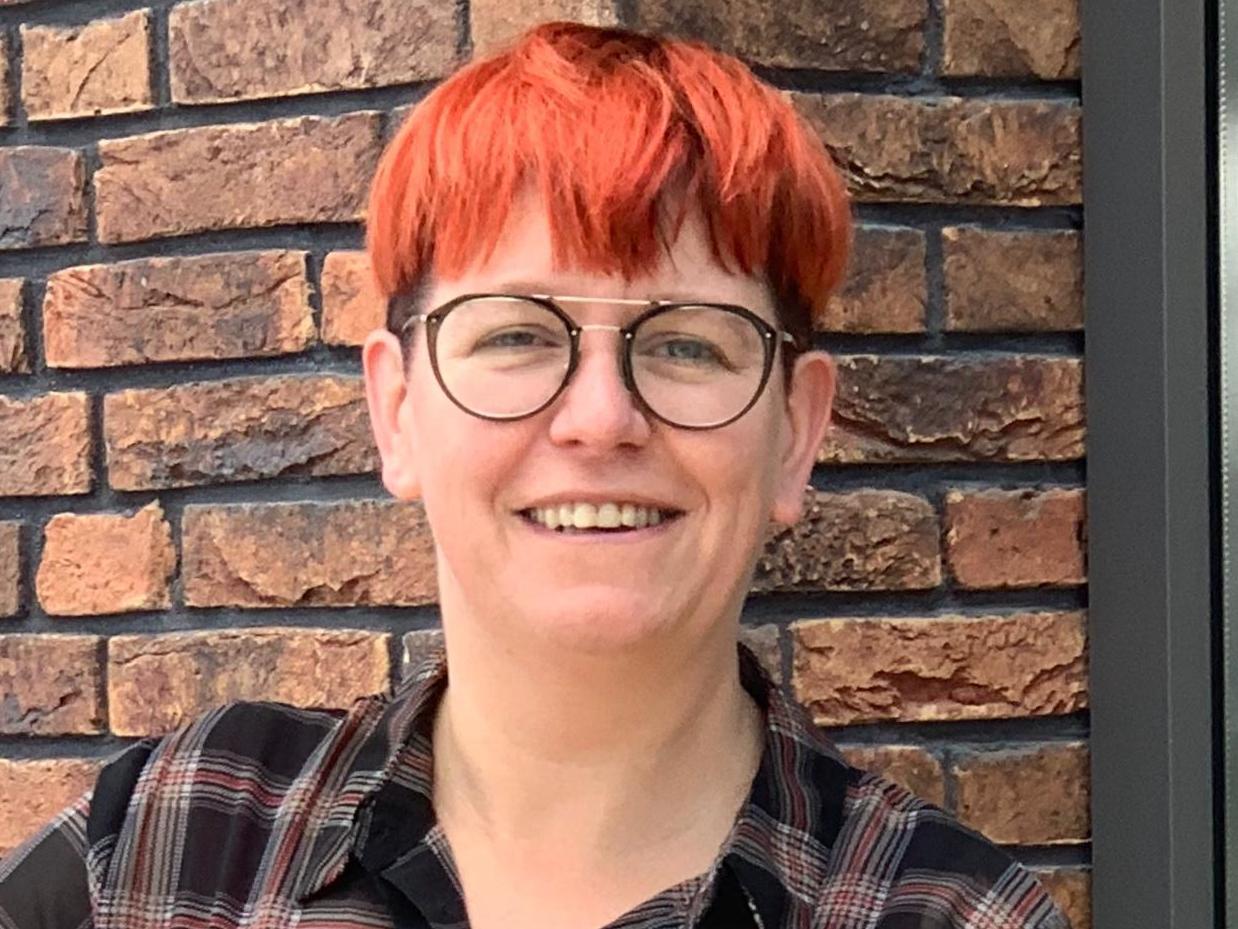
“I got involved back when they needed more people during the refugee crisis a few years ago,” she tells The Independent. “But when the coronavirus came I thought it was time to help some more. A lot of elderly people do this work here – so hopefully we can do something for them now and get them what they need.”
She added: “It’s good to be useful right now, to have a bit more of a daily purpose during this crisis. If you are fit and able at the moment – just doing something small is still useful. Many of my friends are asking how to get involved now.”
A group of friends in Bangalore launched an online network of helpers for older people and those with underlying health problems stuck at home after the India government began to recommend social distancing two weeks ago.
Mahita Nagaraj, the founder of the Caremongers collective, says it began when she got a call from a friend in the UK asking her to help make sure her elderly parents had enough food and medicine.
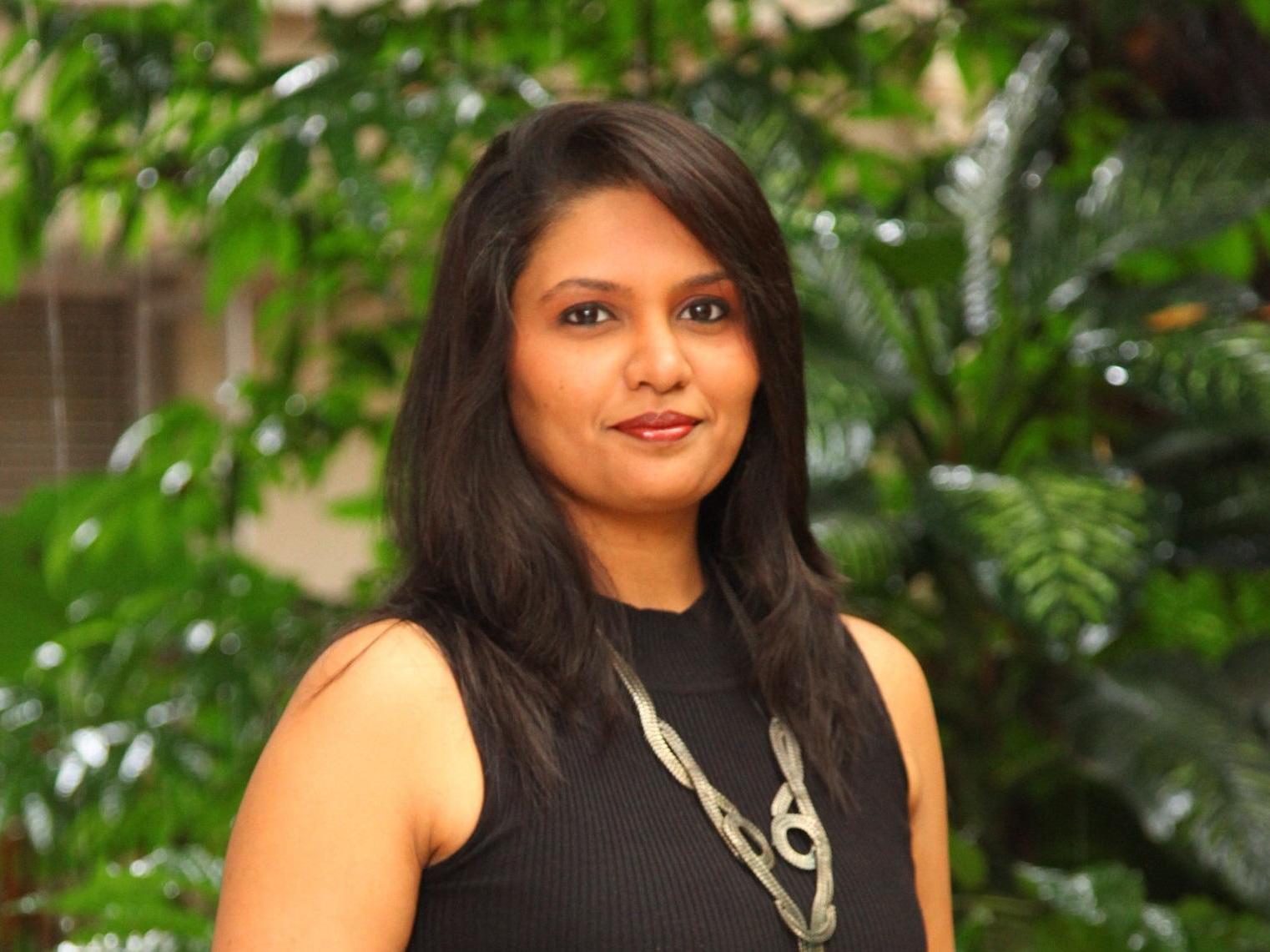
After positing about it on Facebook, she was soon receiving requests from other people to help their familes too. “I began receiving messages from other people willing to do the same for others in their cities,” the 38-year-old digital marketer tells The Independent.
Remarkably, with the nation now in lockdown, the group has established a database of more than 4,000 vulnerable people across India supported by a volunteer army of more than 8,500 people – all organised using Facebook and an emergency helpline.
“The idea of bringing everyone together on a common platform – we are trying to address the feeling of helplessness,” says Nagaraj.
Helle Rotting has signed up to be a volunteer with the Danish Red Cross’s new help network – set up to make sure older and vulnerable people across the country get food, medicine and other essentials during the nationwide lockdown.
The 57-year-old works as a project manager at a bank, but has arranged to collect and drop off groceries for several people in and around her town of Koge, south of Copenhagen.
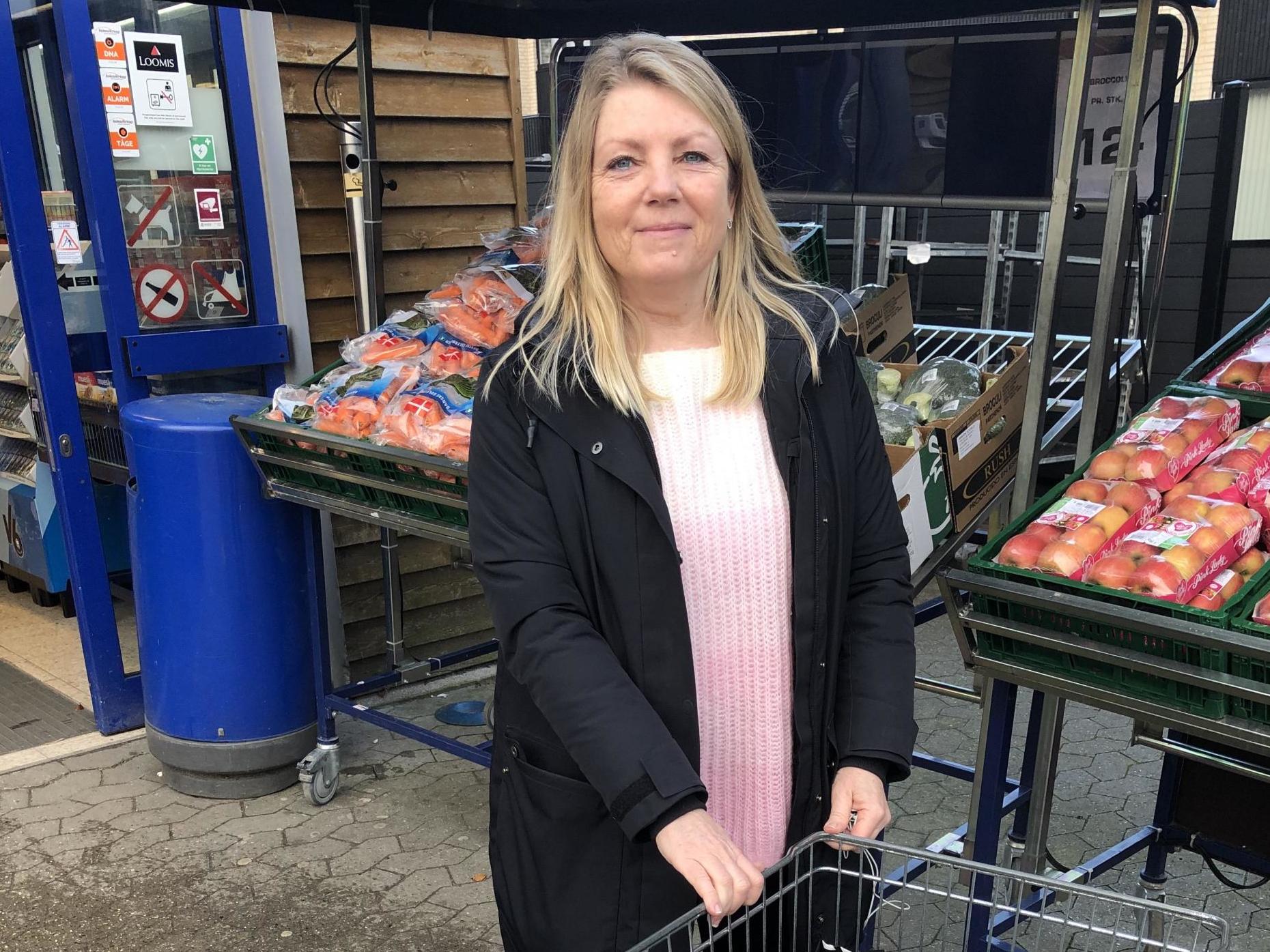
“In some cases I haven’t actually met the people, I’m just leaving things at the door or in their garages,” she says. “One lady I did speak to from her doorway. She was so, so grateful – it almost made me cry.”
Rotting adds: “I hope when this is all over we can learn from it and keep doing this kind of thing. Because it’s not difficult – it is really just helping your neighbour and helping the community around you.”
City Harvest, New York City’s largest food aid organisation, is mobilising to feed some of the poorest and most vulnerable people in a city hit by the virus more severely than anywhere else in the country.
Designated an essential service by the New York state governor, the charity has continued to use its fleet of delivery trucks to pick up excess food from restaurants, grocers and manufacturers before distributing it across the five boroughs.
Organisers have seen an upturn in volunteers and a 30 per cent increase in attendance at “mobile markets” – an outdoor food bank – despite having to take extra care with social distancing measures.
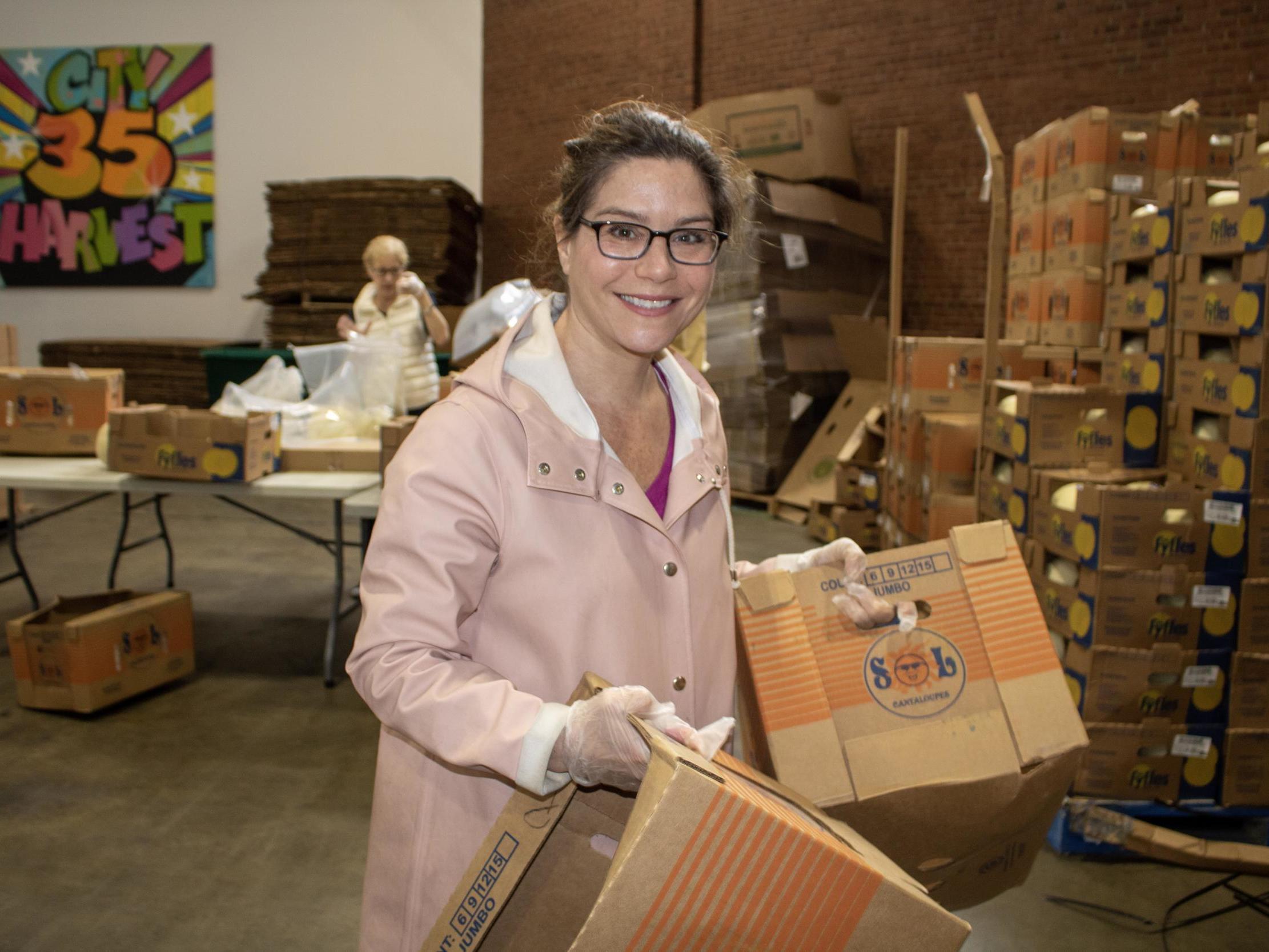
Volunteer Katie Workman, 52, has been helping pack in Long Island City in Queens.
“Everyone deserves to have access to nutritious food, everyone deserves to feed their families, nobody should be hungry in this country,” she says. “It wasn’t even a question – I just felt I needed to be there, to help. And being with other people who came to volunteer felt super-inspiring, and makes a very big city feel cohesive.”
The charity’s chief operating officer, Jen McLean, says: “What I’ve seen is an outpouring of people wanting to help. I know we all feel the love right now. We just need to keep our distance so that we can get this food packed and out to people that are relying on it.”
How you can help
In Britain, the government is appealing for volunteers to help in four areas – community response, patient transport, transport of NHS supplies, and to help the lonely as “check-in and chat” volunteers. To register your interest visit: https://www.goodsamapp.org/NHS. To find out more about the British Red Cross’s work in the coronavirus crisis, or to volunteer or donate yourself, click here.
Join our commenting forum
Join thought-provoking conversations, follow other Independent readers and see their replies
Comments